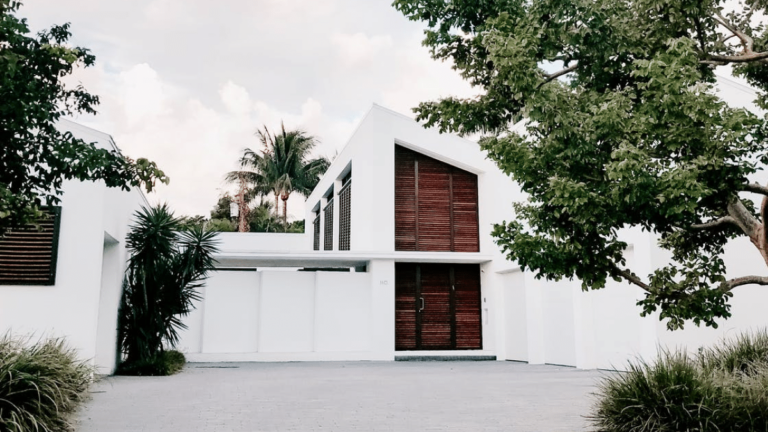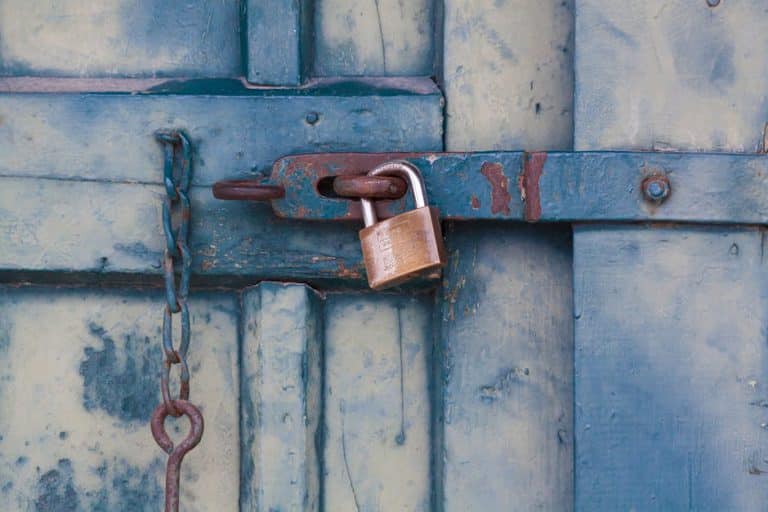You did it – you did your research, found a home you love and had your offer accepted! But there are still a number of stops left on your way to closing, including the home inspection. A home inspection can offer enormous insight into the home you plan to purchase, and potentially save you thousands of dollars down the road.
And in spite of a growing trend of first-time homebuyers waiving home inspections to gain an edge in a competitive housing market, the importance of planning for this step in the homebuying process shouldn’t be overlooked.
To help you understand what to expect with a home inspection, let’s take a closer look at the benefits of getting an inspection for your home purchase and basics like how long a home inspection takes. Plus, we’ll answer the million-dollar question: How much is a home inspection?
What is a Home Inspection?
A home inspection gives you an indication of how well parts of your home are functioning, including major home systems such as the roof and the foundation. A professional inspector will complete a comprehensive top-down examination of your home, using equipment like ladders and flashlights to assess the physical condition of various components.
Certified home inspectors (who should be certified by the American Society of Home Inspectors) take an in-depth look at:
- HVAC systems
- Interior plumbing systems
- Electrical systems
- Roofs and shingles
- Attics and insulation
- Walls, ceilings and floors
- Windows and doors
- Foundations and basements
- Structural components of the home
The inspector will provide a written report a few days after the inspection, offering an in-depth summary of all of their findings.
Why Do You Need a Home Inspection?
It’s important to note that a home inspection is not required, but highly recommended. As with any large purchase, it’s a good idea to have as much information as possible to make an informed decision about the home you’re considering. Not only that, but getting a home inspection can help you avoid serious — and potentially costly – issues with the home in the future.
Here are just a few of the concrete reasons why you should seriously consider getting a home inspection.
- Detects home hazards: You want to make sure the home you plan to purchase isn’t at risk for major hazards like carbon monoxide poisoning or mold.
- Shows illegal home add-ons: Additions, such as basement bathrooms that aren’t up-to-code, will show up in the home inspection report. These illegal add-ons can affect insurance, taxes and overall home value – and become your problem to solve once you become the owner of the home.
- Gives you a negotiating tool: Use the home inspection to your advantage. You can ask the seller to make repairs or negotiate the cost of the home when the home inspection turns up issues.
- Gauges the potential for future replacement costs: A home inspection can help you determine when you’ll need to replace items in the future. For example, if the inspector says that a water heater has approximately five years of life left in it, you can plan ahead for that replacement.
- Helps you determine insurance costs: You can quickly identify any issues that might prevent an insurance company from covering your home. For example, if the home has a wood-burning fireplace as its only heat source, you might find it difficult to get homeowners insurance coverage (generally a standard requirement from lenders).
- Gives you an opportunity to back out: While you hopefully won’t have to use this option, the home inspection usually presents one last opportunity to back out of the purchase if you have concerns about the findings.
TIP: Check out the American Society of Home Inspectors’ website for a list of certified professionals before hiring a home inspector.
The Average Cost of a Home Inspection Explained
Now, let’s delve into the financial aspect – how much should you budget for a comprehensive home inspection?
The cost of a home inspection varies and hinges on a multitude of factors, encompassing the size, location, and age of your residence. For instance, appraising a new, smaller single-family home nestled in suburban surroundings might incur a lower inspection fee compared to a sprawling Victorian mansion boasting vast square footage in a rural expanse.
In general, you can anticipate a home inspection to range from $300 to $450. It’s good to keep in mind that seasoned inspectors with a wealth of experience might command higher fees.
While the additional upfront expense might raise concerns (we understand, as you’re already setting aside funds for closing costs!), remember that a home inspection holds the potential to be a valuable investment, potentially saving you significant costs and troubles post-closure. Disregarding an inspection could lead to unwelcome surprises, like discovering major foundation issues after you’ve settled into your new home.
To comprehensively cover your bases, you might consider supplementing your inspection package with optional add-ons. Though not mandatory, these supplementary assessments offer a more comprehensive understanding of your overall expenses. These add-ons typically range from $25 to $200, extending beyond the standard inspection to provide a deeper analysis of specific aspects of your prospective home. Common supplementary inspections include:
- Termite inspection: A termite inspection is a visual inspection for evidence of these wood-destroying insects. It can cost between $50 and $280.
- Asbestos testing: For an asbestos inspection, the inspector checks the building or facility for the presence of any asbestos-containing material. Asbestos testing can cost between $228 and $795.
- Mold testing: In a typical mold inspection, an investigator will look for mold where moisture in the home tends to gather. Mold testing can cost between $296 and $1,000.
- Lead testing: Buying an older home can be dangerous. These types of inspections often uncover findings of lead-based paint on homes built in the U.S. before 1978. When paint peels and cracks, it makes lead paint chips and dust, which can bring about health problems for people who live in older homes. Lead-based paint inspections can help you determine the severity and location of lead-based paint hazards and give you ideas on how to control it. Lead-based paint testing can cost between $220 and $420.
- Foundation inspection: In a foundation inspection, an inspector walks the exterior of your home and checks the foundation walls for bulging and leaning. All walls should be flush and level. A foundation inspection typically involves a more comprehensive structural inspection completed by a structural engineer, which provides an in-depth investigation of the structural integrity of the foundation only. A foundation inspection can cost between $200 and $700.
In most cases, you must pay for the home inspection on the spot, right after the inspector completes the home inspection — unless the inspector uses another billing method. Be prepared to bring a check or cash to the inspection or ask beforehand how payment is handled.
How Long Does a Home Inspection Take?
Typically, it takes two to four hours for a professional home inspector to complete an inspection, but it can take longer if the home is very large. It’s a good idea for you as the buyer to attend the inspection so you can observe and ask questions. You can expect a written report after a day or two.
It’s important to understand that you may not want to get too wrapped up in a home before the inspection clears, as many things can go wrong. But having your possible home inspected can also provide you with the peace of mind you need to close confidently. Read more about the psychology of home buying and learn how Morty can help you with your next steps.







